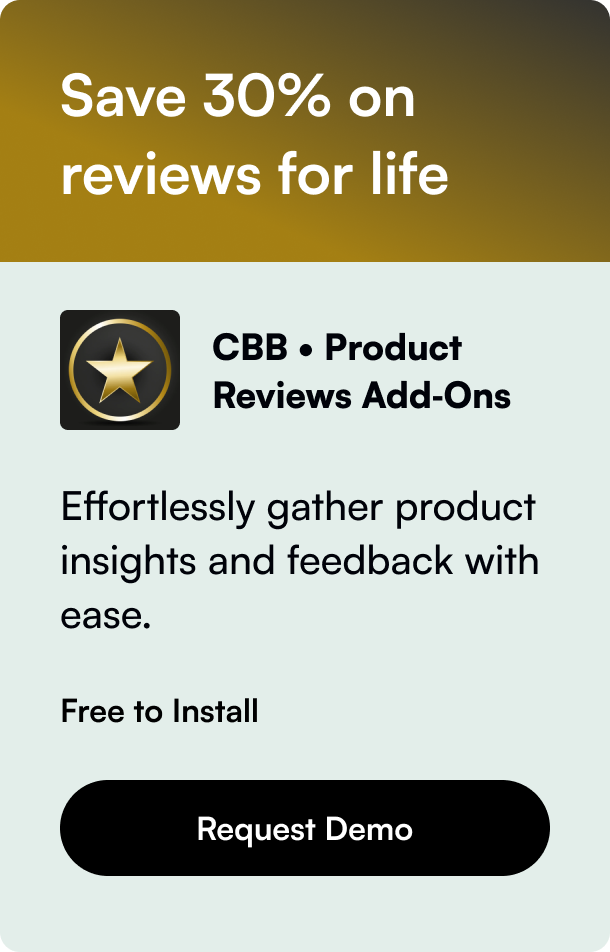Table of Contents
- Introduction
- What is Shopify?
- What is Kajabi?
- Similarities Between Shopify and Kajabi
- Critical Differences Between Shopify and Kajabi
- Choosing Your Platform: Shopify or Kajabi?
- Conclusion
- FAQ Section
Introduction
Are you an entrepreneur or educator looking to sell products or courses online but bogged down by the multitude of choices for digital platforms? Look no further, as this comprehensive guide analyzes the two stalwarts of the e-commerce and online course territory: Shopify and Kajabi.
Firstly, let's talk about the significance of picking the right platform. This decision can be the difference between streamlined efficiency and unexpected complications in business operations. In essence, the platform you choose can effectively become the backbone of your digital business presence.
Shopify and Kajabi, although sometimes sharing functionality crossover, are fundamentally different in their core offerings and ideal use cases. So let's delve deeply, offer perspective, and assist you in making the informed choice for your digital venture.
What is Shopify?
Shopify is an all-encompassing e-commerce platform designed to cater to businesses of all sizes. Renowned for its robust set of tools, Shopify facilitates the sale of products and services online with immense versatility. Its offerings span beyond merely setting up a digital storefront; the platform includes inventory management, detailed analytics, integration with a multitude of sales channels, and a storefront tailored to both physical and digital goods.
What is Kajabi?
Contrarily, Kajabi positions itself as a comprehensive business solution primarily geared toward digital entrepreneurs in the info-product sector. It bundles a Learning Management System (LMS) with e-commerce capabilities, unraveling an ecosystem where one can craft, market, sell, and deliver educational content such as online courses, membership sites, and coaching programs.
Similarities Between Shopify and Kajabi
Opening a window into their commonalties, both Shopify and Kajabi offer web building elements with a vast array of templates and themes, a no-code approach to storefront creation, and marketing components that embrace email outreach and operations automation.
Critical Differences Between Shopify and Kajabi
The crux of their differentiation lies chiefly in their purpose and audience. Shopify shines as an online store platform, perfect for a retail-centric business model rich in physical goods or with a mix of digital downloads. Its starting price of $19 per month versus Kajabi's starting price point of $149 per month puts Shopify as the more accessible choice for small-scale businesses.
On the other hand, Kajabi is tailor-made for digital products, augmenting the course creator's ability to engage and upsell to their audience. Its suite of tools dedicated to course creation, community building, and automated pipelines provide an unmatched value proposition to content creators thriving on student or subscriber interaction.
Choosing Your Platform: Shopify or Kajabi?
Decision-making boils down to the intent of your platform use. Shopify is your go-to for a dynamic retail business with substantial product offerings, while Kajabi is tailor-crafted to creators aiming to channelize their knowledge into monetizable educational content.
As you ponder on this information-rich comparison, remember, both platforms offer free-to-try options. It is always best to dive in and explore firsthand whether the platform resonates with your operational ethos and furthers your business narrative.
Conclusion
Shopify and Kajabi, each master of its domain, bring to the table a blend of powerful features justifying their markets. Distill your business needs, project your growth trajectory, and align these factors with the capabilities of either Shopify or Kajabi. The right choice equates to cohesive integration of your approach to selling online – be it products off the shelf or wisdom wrapped in a course.
FAQ Section
Is Shopify better for selling online courses than Kajabi?
Shopify can be a feasible solution for selling online courses through integrations with LMS platforms, but Kajabi's native tools for creating, managing, and delivering courses make it the superior option for educators and content creators.
Can I transfer my existing online store from Shopify to Kajabi, or vice versa?
Yes, while each platform has its native functionalities, it is possible to migrate an online business from one to another through data export-import procedures, although integration of specific features like payment processing may require additional solutions.
Does Kajabi offer better email marketing tools compared to Shopify?
Kajabi's in-built email marketing tools are specialized for engagement and automation tailored for educational content delivery. Shopify's email capabilities are robust too but are more commerce-centric. Therefore, Kajabi edges out Shopify slightly in this area if your main business revolves around courses and student engagement.
Which platform offers more value for money for a startup business?
Shopify provides more value for money for a startup, especially if it is retail-based. Its array of pricing plans adjusts well with the varying definitions of 'startup,' while Kajabi's higher entrance price might pose a barrier unless content creation is at the core of the business strategy.








